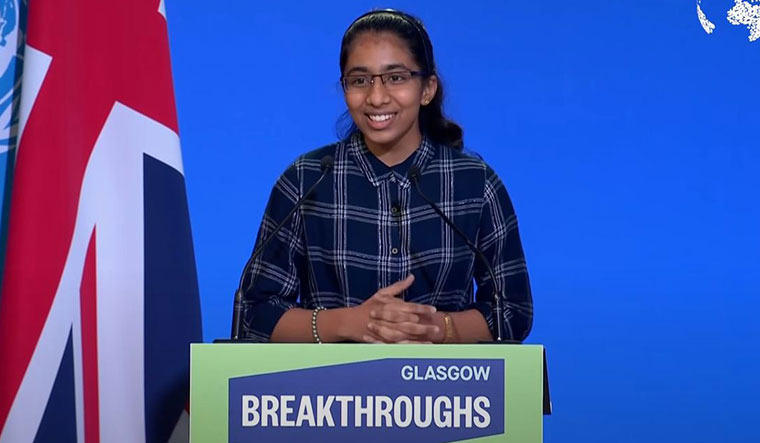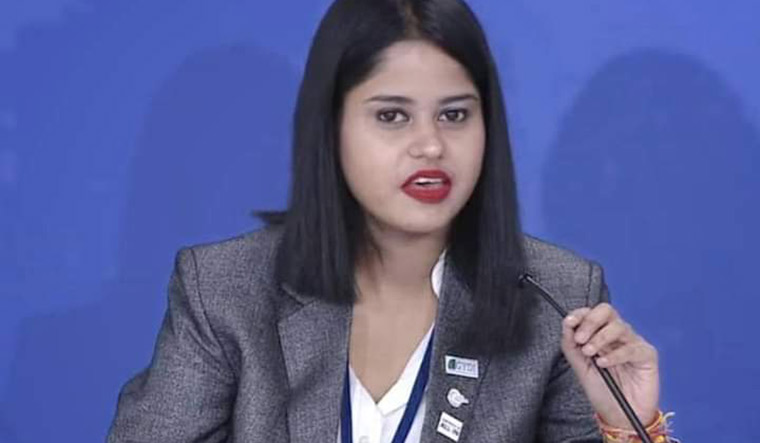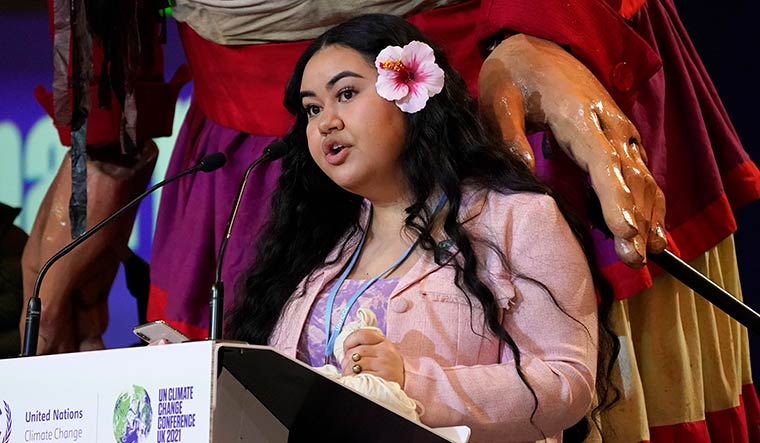At a time when almost all the powerful men and women of the world were in Glasgow, teenager Greta Thunberg still managed to steal the thunder, as she and her massive following marched through the streets of the city, calling out world leaders for their inaction and pre-deciding the “last chance to save the earth” meet as a failure.
Thunberg may not be far from the truth, because even a unanimous agreement does not amount to much if pledges, given so lavishly, are not even halfway met. The track record with promises of money, technology or a commitment to lower emissions, so far has remained brazenly unkept.
However, even as she highlighted the inequities of climate justice, her rabble-rousing is limited because she does not offer viable alternatives. One of Thunberg’s peeves was carbon offsetting, which basically means a nation or company emitting carbon in one place does an emission compensatory project elsewhere. The issue is a complicated one, and a big task of this summit was to formalise how these carbon markets would be regulated globally.
Rwandan Environment Minister Jeanne Dárc Mujawamariya even said Thunberg and co were “complaining just for the sake of complaining”. Countries like hers rely on carbon offsets (selling carbon removing projects, like reforestation) to the west, to finance their domestic green transition and climate adaptations.
“It is not Greta’s job to provide solutions, let others do it. She is raising awareness, and that’s phenomenal,” said a collegian from Edinburgh, who had come for the rally.
Youth power, however, was not limited to raising awareness alone. There were many who came up with solutions. One of the young stars was Indian teenager Vineesha Umashankar, 15, from Tamil Nadu, the youngest finalist of the Earthshot Prize launched by Prince William for finding environmental solutions.
Umashankar, who was felicitated by a host of global leaders, had designed a solar powered ironing cart which would power a steam ironing box. The cart was designed for roadside ‘presswalas’ who conventionally use charcoal-burning ironing boxes. She said that her generation had every reason to be angry with world leaders who had failed to deliver, but she had no time for anger. “I want to act,” she said, calling herself a girl from earth, not just India. Umashankar may not have roused the thousands to George Square, but she has impressed everyone from Boris Johnson to Anand Mahindra.
Souryadeep Basak was another young Indian speaker at the summit. Basak, in his early 20s, is pursuing a PhD at The Energy and Resources Institute. He spoke on sustainable development goals, and was one of the youngest speakers at the meet. Basak co-developed a low-cost, solar-powered hydroponic fodder unit for rural farmers.
While the average age of the negotiators, as one attendee pointed out, was 60, the presence of the youth across the summit—from the negotiating table to making impassioned speeches or providing solutions—was strong. Panama’s official delegation was a young one, the average age of its negotiators was reportedly 27. Among indigenous communities, the climate ambassadors were largely the under 30s. Txai Surui, 24, from Brazil made an impression, even as her president, climate change naysayer Jair Bolsonaro, did not attend. Brianna Fruean, 23, from Samoa, came in a printed dress inspired by the tropical forests, with a white hibiscus tucked behind her ear. As she raised the issues of the Pacific Islands, she called her community the resilient beacons of hope, their cry being, “We are not drowning, we are fighting,” even as she asked the leaders whether they had the political will to do the right thing.
The organisers, too, had several events around youth power, with YOUNGO, the official children and youth constituency of the United Nations Framework Convention on Climate Change chairing a session on youth voice, where they submitted a statement representing views of over 40,000 young climate leaders from the world.
Nearly two dozen nations made pledges on climate education, including net zero schools. Then, there was the start-up group, which is already working on profitable tech solutions. California based Brett Parkindon, 29, works with C-Zero, a firm that removes carbon from natural gas, while Natasha Bousling, 28, from the UK spoke about the low-carbon construction firm she co-founded. Science had the solutions, they emphasised. US President Joe Biden had said that climate transition could provide big economic opportunities.
Disha Sarkar, 25, from Assam, spoke about her project on capacity building for green jobs in the northeast, how these youngsters can identify their talents, then seek funding from the right places. “Youth activism is crucial to putting pressure on decision making, but it is alone not a solution. We need to be involved in advocacy, negotiations and solutions, too,” said Sarkar. She has hopes from this meet. She has hopes for the earth.





